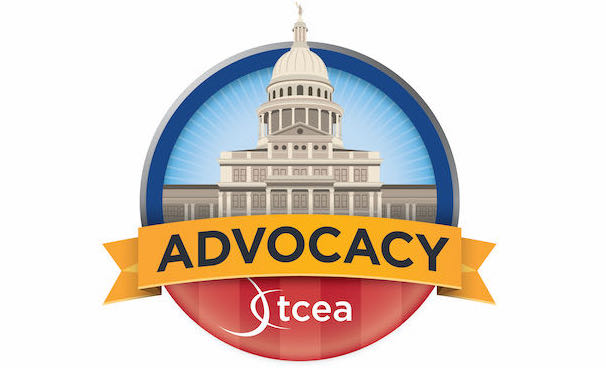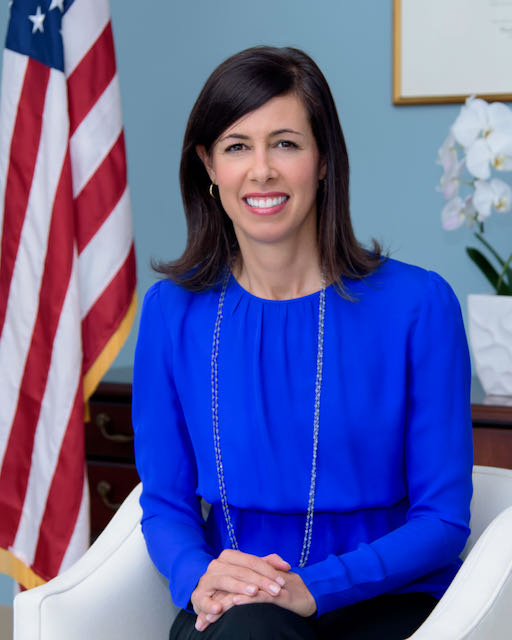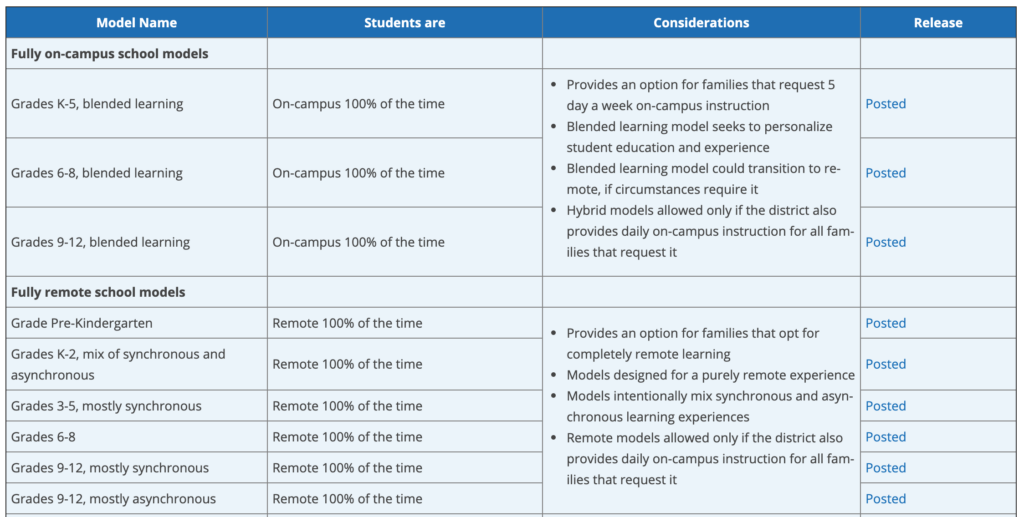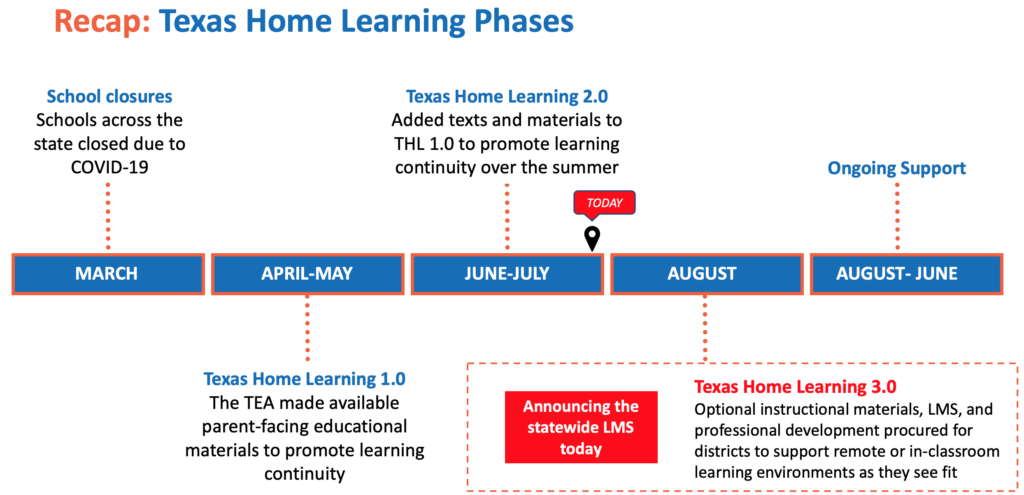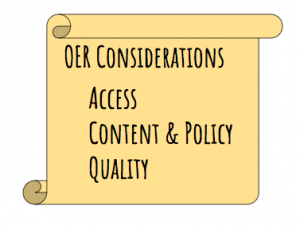The Texas State Board of Education (SBOE) met during the week of June 14-17. At this meeting, the board heard from the Commissioner of Education and dealt with several issues that pertain to technology in Texas schools.
Commissioner Update

Mike Morath
At each meeting, the Commissioner of Education, Mike Morath, updates the board on things pertaining to Texas schools. He usually provides the board with pertinent updates and then answers questions posed to him by individual board members.
He began the meeting by discussing the shooting in Uvalde. He acknowledged how difficult the past four weeks have been for all involved, including the agency that is dedicated to the well-being of all children in Texas. One of the ways the agency is responding is to create a team at TEA led by a Chief of School Safety and Security. This individual will report directly to the commissioner and will work to improve the safety of our schools.
The Commissioner then highlighted the agency’s work on improving the teacher pipeline. This discussion included the recruitment, retention, and preparation of Texas teachers. He also discussed the work of Teacher Vacancy Task Force that was launched on March 10.
I always find the commissioner’s update to be insightful. You can learn a lot about the agency’s priorities and the priorities of the SBOE members. His update was given on June 15 at the beginning of the SBOE’s agenda. It lasts about an hour and twenty minutes.
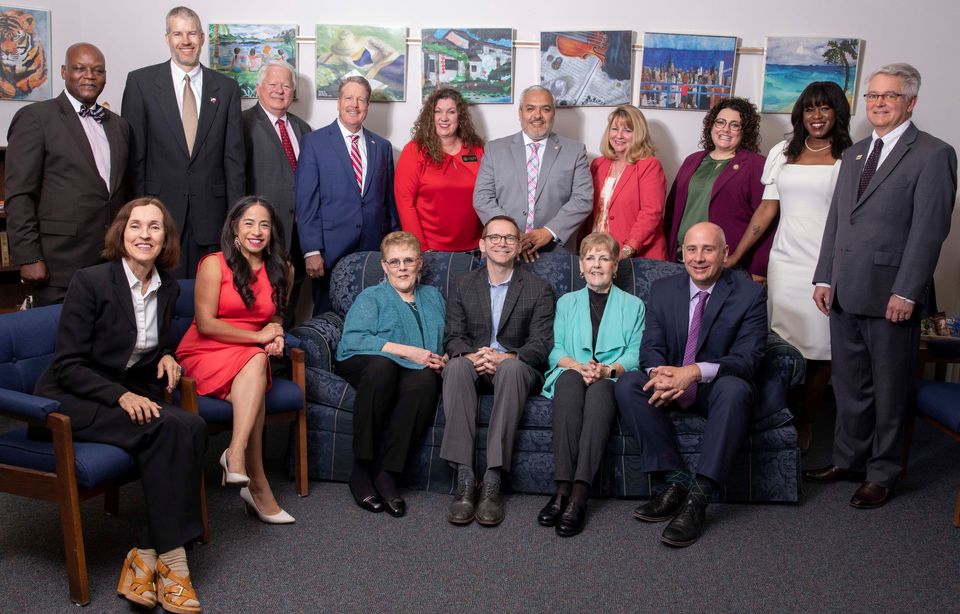
Technology Applications and Computer Science Standards Revised
On Friday, June 17 the board voted to approve on second reading the revised K-8 Technology Applications TEKS. For background on the revision process, see the blog post I wrote on May 16, 2022. A vote taken on second reading is the final vote which means these standards have been approved. However, because it takes several years for the instructional materials to be created and selected, they will not be used in Texas classrooms until the 2024-2025 school year.
The board also approved on second reading the revisions made in seven CTE computer science courses: Fundamentals of Computer Science, Computer Science I, Computer Science II, Computer Science III, Foundations of Cybersecurity, Digital Forensics, and Cybersecurity Capstone.
A proclamation seeking instructional materials for each of these courses will be issued which means they, too, will be implemented in Texas classrooms in the 2024-2025 school year. This is the next step for most of the high school courses listed above. However, the changes made to Fundamentals of Computer Science and Computer Science III do not require new instructional materials, so they will be implemented in the 2022-2023 school year.
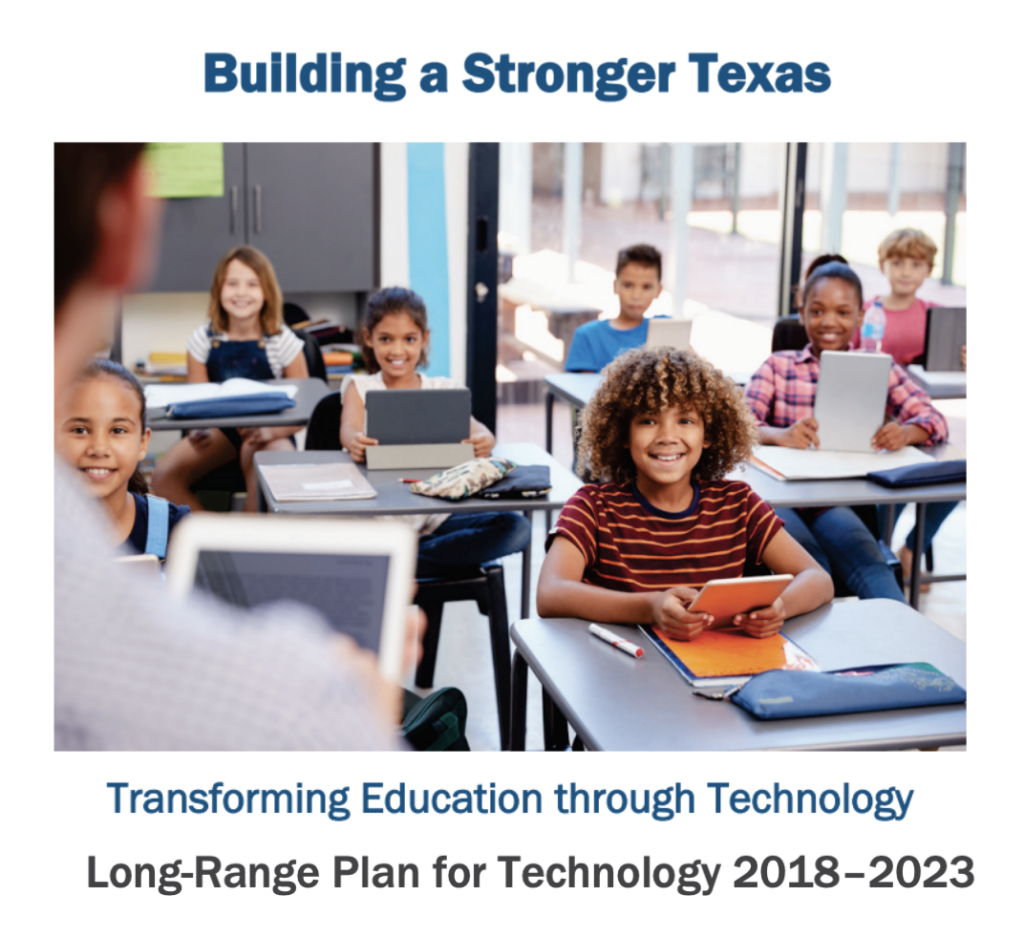
TEA Provided an Update on the Long Range Plan for Technology Update
At the April SBOE meeting, TEA gave an update on their progress on the Long Range Plan for Technology. At that meeting, the board provided TEA staff with some specific suggestions of things they wanted to see in the plan. During the June meeting, TEA provided a very brief update on their progress with the plan and their inclusion of the board’s recommendations.
The plan will change the device refresh cycle from a recommended seven years to a much shorter range of two to three years. During the pandemic most districts provided devices to their students that were taken home. Districts have reported that the wear and tear of devices that are used 24/7 prohibits their ability to extend their usage to seven years.
At the board’s request they added a stipulation that all districts must ensure compliance with CIPA. Currently, only districts that participate in the E-rate program are required to abide by the CIPA regulations. Very few districts do not participate in the E-rate program but there are a few that do not.
The plan will also include provisions that deal with cybersecurity. It will also address the need to ensure that students have access to high speed Internet both at school and home. And finally, the plan will address school safety, including the need to use technology to provide physical security to school facilities.
TEA indicated they would bring the final draft to the board for their approval at the September meeting.
In Conclusion
This the second consecutive SBOE meeting that has dealt with major issues that pertain to the use of technology. As always, TCEA is committed to monitoring these items as they make their way through the process. It is important to remember that issues that involve teaching and learning are not only decided by the Texas legislature but also the State Board of Education. I encourage each of you to identify who your board member is and reach out to them when you have questions or concerns. They work for you! If you don’t know which board member represents you, use this form to find out. Make sure you use your home address, not your school address.

